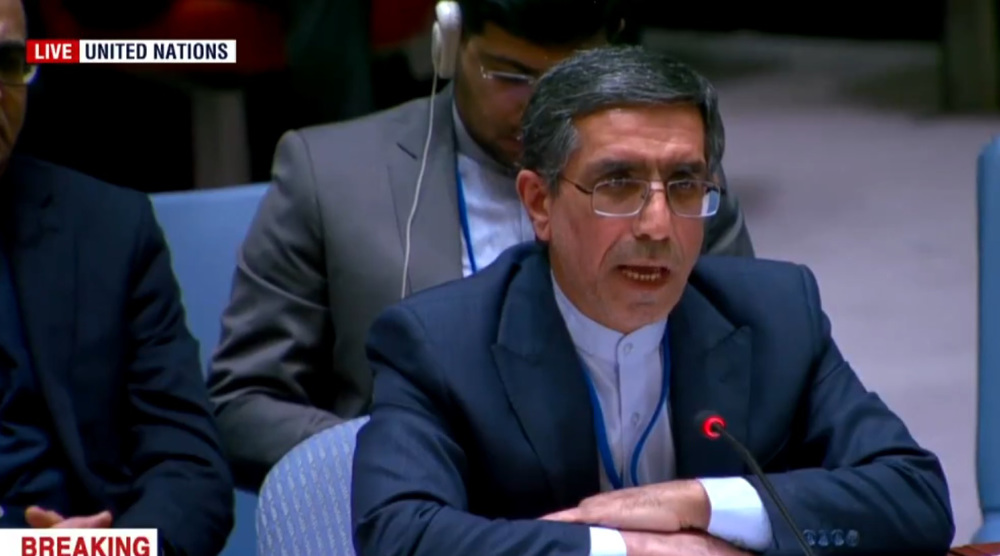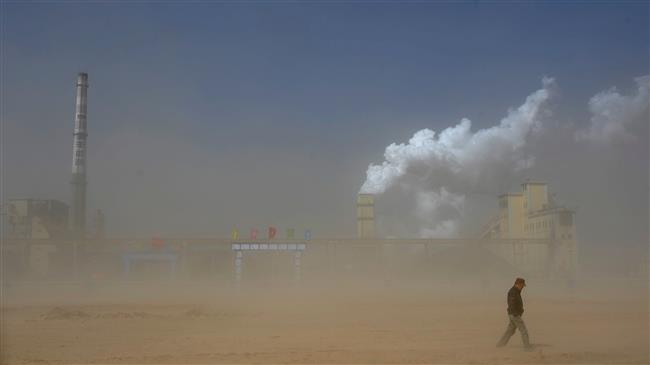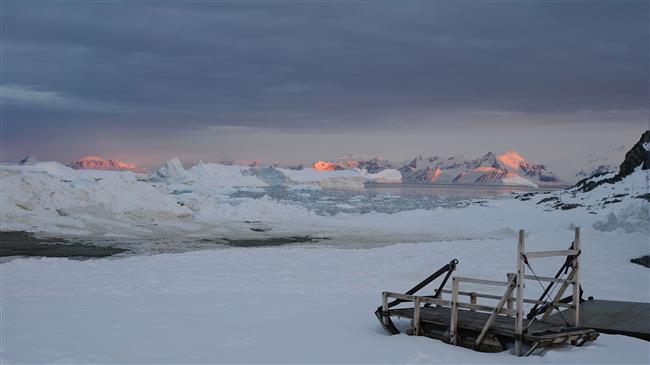Prehistoric diseases may return as Arctic ice melts in Russia
Global warming may bring back some of the world’s deadliest diseases after the coldest place on earth has started to melt, scientists have warned.
Lethal bacterial viruses such as anthrax could be about to re-surface into the atmosphere after the frozen city of Yakutsk in northeast Russia begins to melt. The east Siberian city usually remains frozen over for 12 months of the year and regularly reaches temperatures of minus 60C during the winter months.
However, underneath the permafrost - which is ground frozen over for two years in a row - lies scores of dangerous diseases which remain alive and have contributed to the extinction of many species including the Woolly Mammoth.
Biologists fear the deadly disease could return if the snow and ice continue to melt and be transmitted to humans through plants and water.
In 2016, there was the first recorded outbreak of the anthrax disease in the Arctic region of Yamal in 70 years after temperatures reached unprecedented levels of 35C.
It is estimated that the outbreak killed up to 2,000 reindeers and 96 people were hospitalized.
Boris Kershengolts, a Yakutsk biologist told the Telegraph: “Anthrax spores can stay alive in the permafrost for up to 2,500 years."
“That's scary given the thawing of animal burial grounds from the 19th century. When they are taken out of the permafrost and put into our temperatures, they revive.”

He added: “It would be a disaster not just for the Arctic. The catastrophe could exceed Chernobyl.”
At the current rate the levels of permafrost in Yakutsk decrease by two inches (5cm) per year.
Not only is the melting bad for the planet with the increased chances of rising sea-levels and floods, the thawing of permafrost releases gases such as methane and CO2 damaging the ozone layer.
Russian President Vladimir Putin warned of the “disturbing trends” facing the world in terms of global warming.
One particular concern highlighted by Russian research data was the temperature in Russia is increasing two-and-a-half times more than any other place in the world.
Putin told the 5th International Arctic Forum: “According to our data, the Arctic is warming four times faster than the rest of the world, and Russia is warming 2.5 times faster than the rest of the world.
“These may be different calculations, but both of these are really disturbing trends.”
(Source: Daily Express)
New York City's chief financial officer to defy Mayor Mamdani by purchasing Israeli bonds
European leaders reject Trump’s ‘blackmail’ over Greenland tariffs
Iran warns Europe is sidelining itself by ‘blindly following’ US, Israel
VIDEO | Press TV's news headlines
Pentagon readies 1,500 soldiers to deploy for Minnesota protests crackdown
US evacuation of Ain al-Asad base bolsters Iraq’s national sovereignty: Iran FM
Bogus claims, fake sources: Who ignited the flames of unrest and sedition in Iran
Trump demands countries pay $1 bn to join Gaza ‘Board of Peace’: Report













 This makes it easy to access the Press TV website
This makes it easy to access the Press TV website